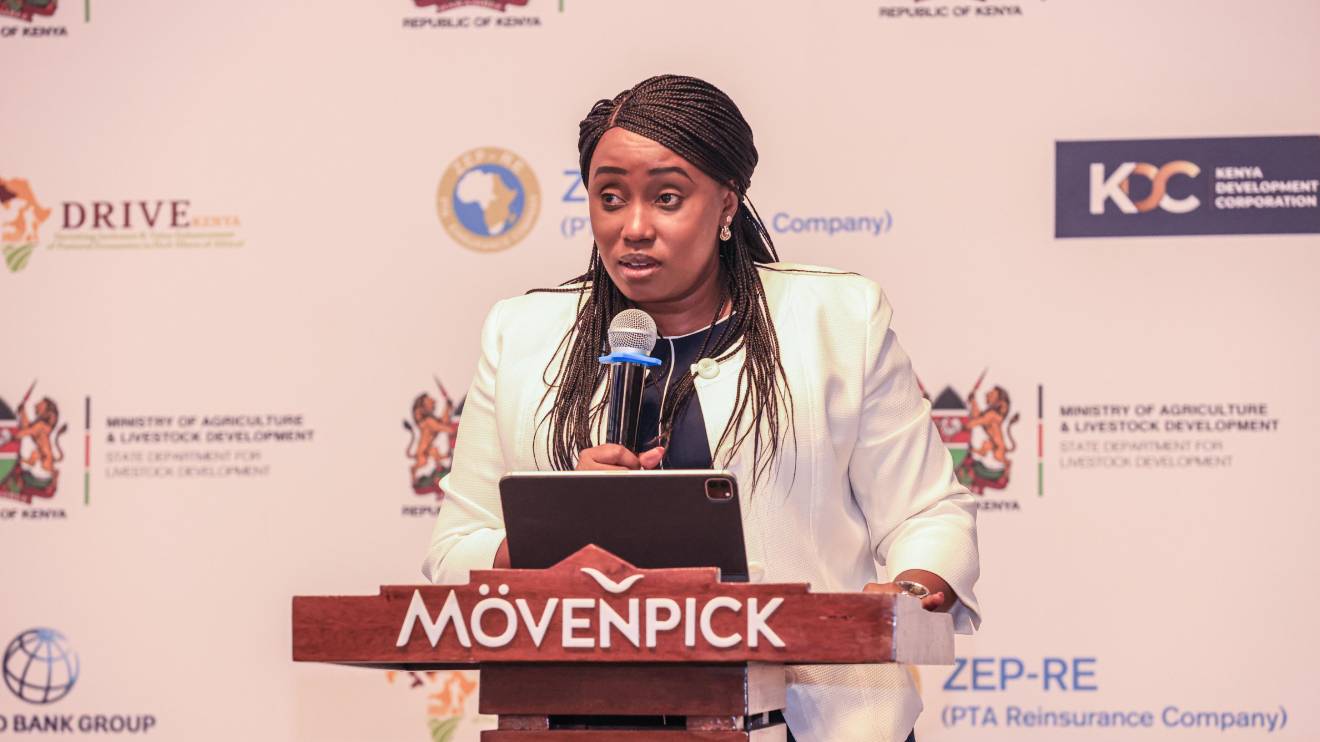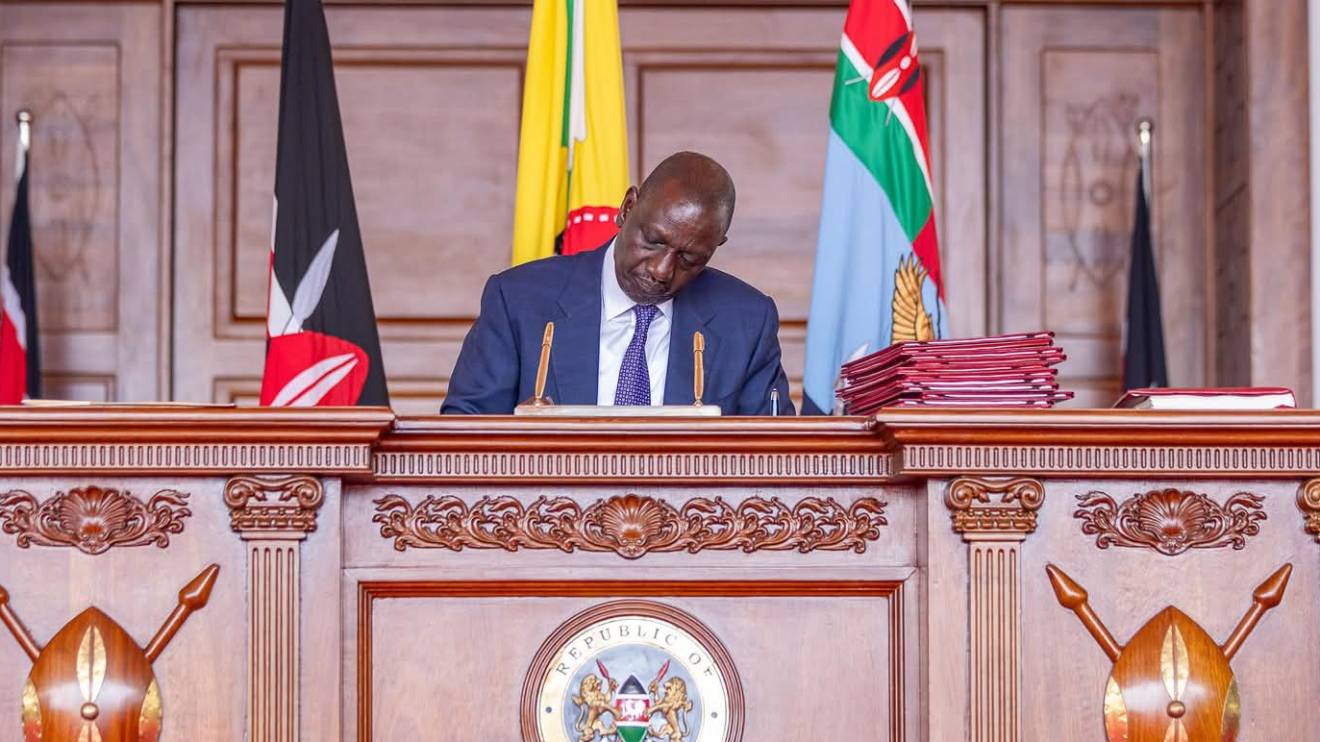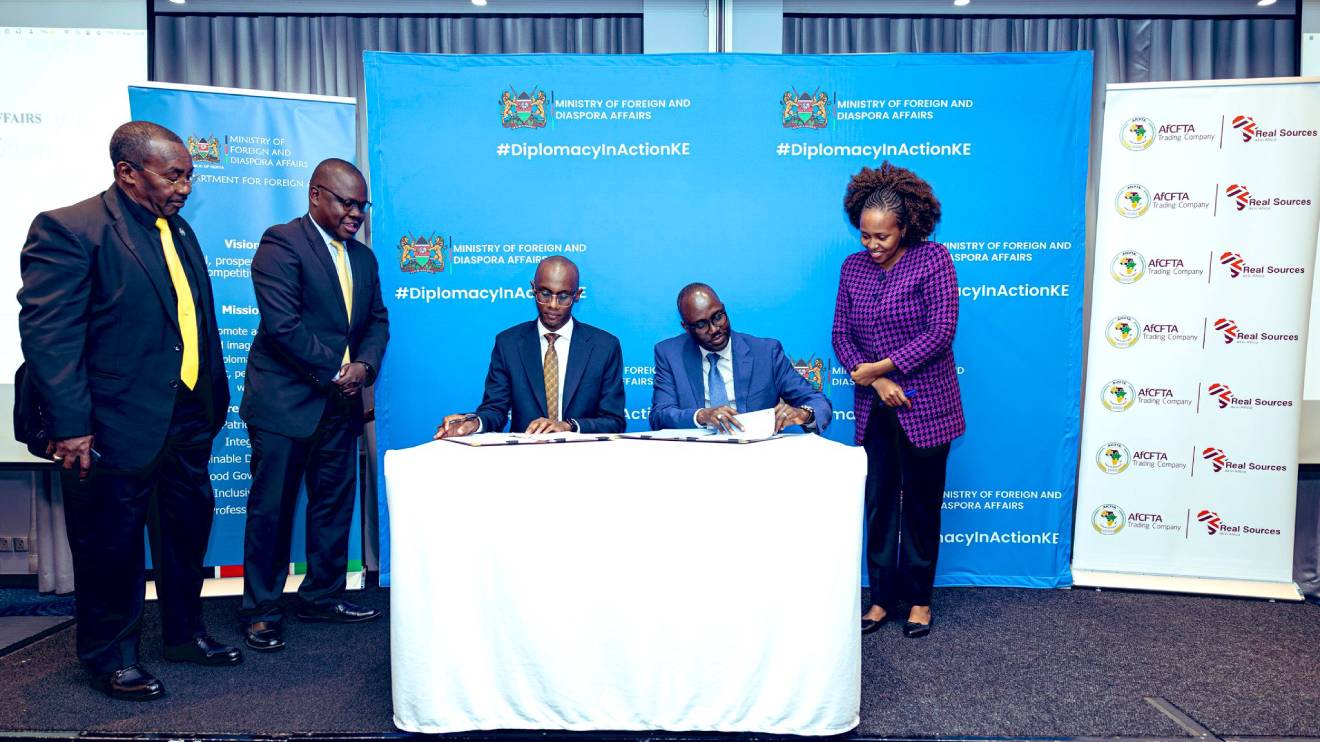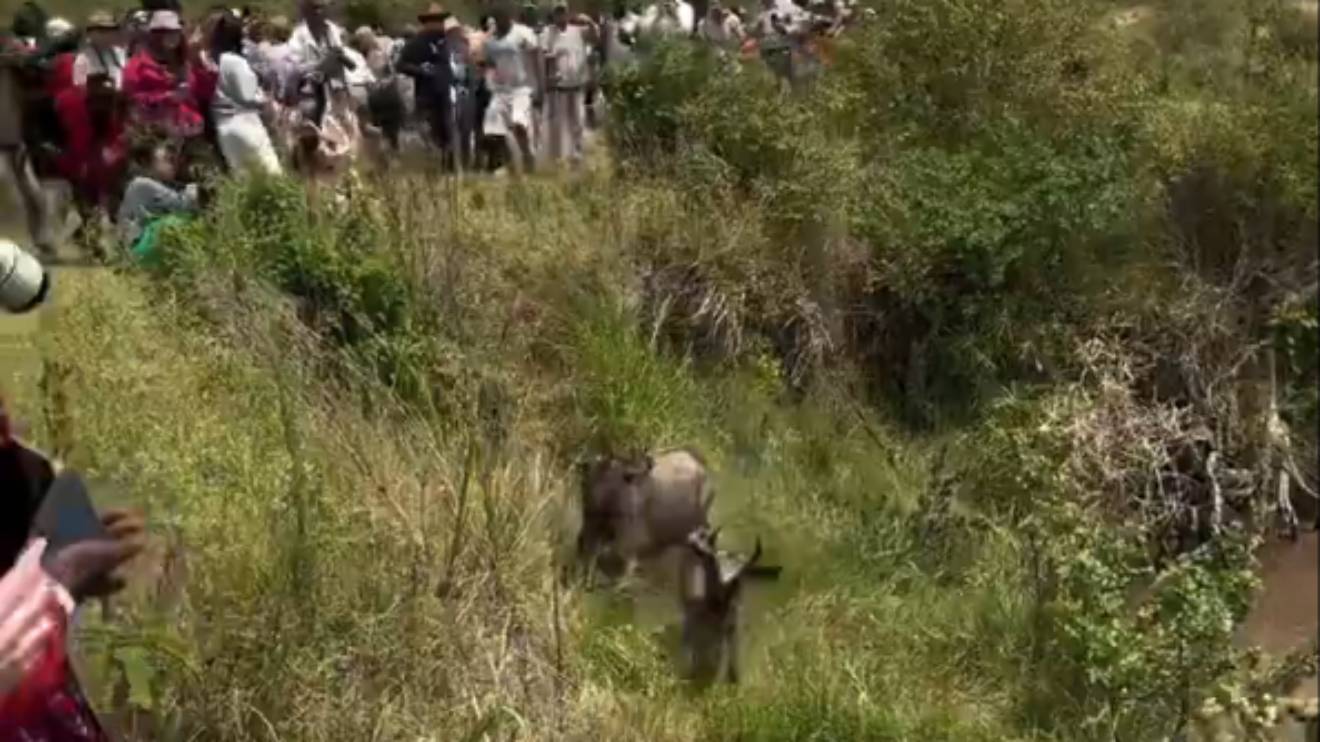A Sh519 million investment has been channelled into Kenya’s Arid and Semi-Arid Lands (ASALs), targeting livestock value chains in over 20 counties through the DRIVE Programme, a partnership backed by the Kenya Development Corporation (KDC), the State Department for Livestock, and the World Bank.
This funding, aimed at revitalising pastoral economies long neglected in the national development discourse, is set to benefit counties such as Marsabit, Isiolo, Laikipia, Samburu, Narok, Kajiado, and Kwale.
The DRIVE (De-Risking, Inclusion and Value Enhancement of pastoral economies) initiative is designed to inject capital into key sectors of the livestock economy—fodder production, feedlots, meat processing, leather, aggregation, and livestock trade—supporting both primary producers and value chain enterprises.
Norah Ratemo, Director General of KDC, explained the significance of the financial outlay.
“With over Sh519 million disbursed so far to enterprises and value chain actors across more than 20 counties, including Marsabit, Isiolo, Laikipia, Samburu, Narok, Kajiado, and Kwale; we are unlocking long-term value in historically marginalised regions,” Ratemo stated.
Read More
The investment is part of a broader national strategy to reduce dependency on aid and catalyse sustainable, enterprise-driven growth in frontier economies.
Principal Secretary for Investment Promotion Abubakar Hassan framed the programme as part of a deliberate shift in government philosophy.
“Through initiatives like DRIVE, we are unlocking high-impact investments in livestock production, agribusiness, water infrastructure, and climate-smart agriculture, while aligning national policies with county priorities. This is how we actualise the Bottom-Up Economic Transformation Agenda by turning potential into prosperity,” Hassan stated.
He further noted that the initiative represents a practical blueprint for de-risking frontier economies and crowding in private capital through blended finance, concessional lending, and strategic partnerships.
The World Bank, which is supporting the programme, has highlighted the importance of field-level feedback in shaping future funding directions and ensuring the initiative remains responsive to on-the-ground realities.
Meanwhile, the State Department for Livestock continues to offer technical support and strategic policy guidance to attract investors, aiming to transform ASAL counties into hubs for sustainable agribusiness.
During a recent meeting with stakeholders, a call was made for increased collaboration between national and county governments, as well as development partners, to maintain the current momentum and expand efforts to strengthen the livestock sector across the affected regions.
The DRIVE programme marks a key step in Kenya’s effort to convert long-standing economic vulnerabilities in ASAL regions into viable development opportunities, through coordinated, well-financed, and locally responsive interventions.



-1756319289.jpg)




-1756474472.jpg)



